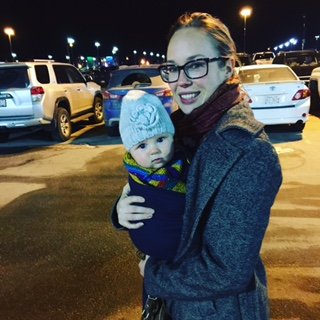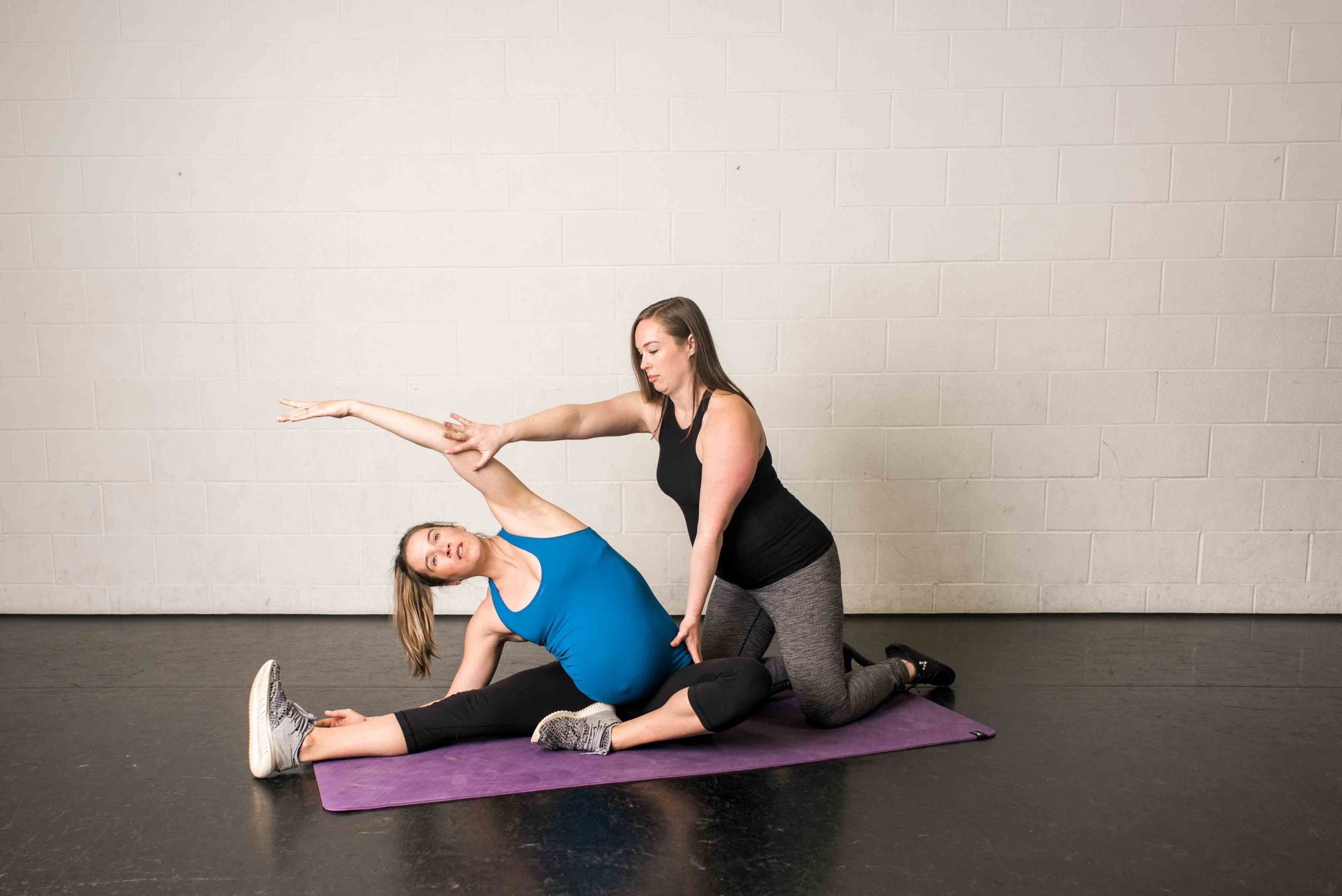After my C-section, I knew I need to fuel my body with nutrient dense food, as best as possible, to help promote the recovery process.
Quite simply, there’s ZERO nutrition guidelines given post-surgery, as you’re leaving the hospital.
I called in two trusted Naturopathic Doctors to give us the run down on the biggest bang for your buck (simple) nutrition strategies to help you heal after C-section.
And, to be clear, all of these are essential for any postpartum period, as well!
———————————————————————————————–
You’ve had a c-section. Whether it was planned or an emergency, major abdominal surgery is never fun (understatement of the year, right?).
Add to that a hungry, pooping, wriggling little one to care for and your own healing can start to take a backseat to your babe’s immediate needs….
How can you stack your nutritional deck so that you tip the scales to promote healing more effectively?
Keep reading to find out the 5 top tips you need to know in order to give your body the fuel it needs – to keep up with baby AND help your body to repair itself effectively.
1). Get your protein, zinc, vitamins A, C, E.
After a c-section, your body needs more of certain nutritional building blocks to help with the healing process.
Although it is certainly tricky to put planning time into meals and snacks while you’re learning how to take care of your babe and while functioning on less (…what feels like NO sleep), making sure that you have easy access to nutritionally dense foods can help with recovery and promote healthy scar formation.
TOP TIP: Aim to include protein sources, like hummus, nut butters or lean meats and fish with each meal and snack.
The upside is that protein, in addition to healthy fats, helps to keep you feeling full longer, balance out your blood sugar and keep your energy levels up.
Vitamins A, C, E and zinc are all key in repairing skin and underlying tissue, as well as keeping your immune system humming away to control inflammation and direct wound repair.
Root vegetables like sweet potato, squash and carrots or dark green veg like broccoli and spinach pack a vitamin A and C punch, while vitamin E can be found in eggs, nuts like almonds and hazelnuts, and sunflower seeds.
Throw a handful of pumpkin seeds into your smoothie or salad or have a hearty chili with beans, lentils and ground beef or turkey for some great sources of zinc.
2). Getting your bowels moving!
The policy at most hospitals post c-section is that you must have had at least one bowel movement before being discharged (Note from Jessie: this was not the case in my experience! That being said, we only stayed in the hospital a day and a half after Steele was born).
In response to the stress of major abdominal surgery, the normal waves of movement that push food from stomach to the ‘other end’ grind to a halt.
On average, it takes 2-3 days after surgery to get things moving again, but sometimes women can suppress the urge to poop because of fears of incision site pain while passing stool.
Unfamiliar hospital food and highly refined take-out foods can also throw a wrench in things digestively.
TOP TIP: You can help ease the process by upping your fluid intake from water, smoothies or soups, and making sure you’re getting good sources of fibre with every meal (think lots of fruits and veggies or whole grains, chia seeds and oatmeal).
Both fibre and fluids help to keep stool softer and moving through your system.
Once you’re home, you may consider adding in a magnesium supplement, which attracts water into the intestines and relaxes the muscles of your gut, reducing straining and improving passage of stool (Note from Jessie: I did this and found it extremely helpful!).
(Check with your ND before adding a supplement to your regime to make sure you’re taking the correct form and dosage of magnesium for your needs!)
3). Adequate caloric intake
After giving birth, you’re dealing with a lot, physically and emotionally.
You’re dealing with the day-to-day reality of bringing baby home – diaper changes, feeding, laundry, night-time waking – along with the discomfort and exhaustion that surgery brings with it.
Preparing food and having time to eat an actual meal can fall by the wayside, especially if you have little or no help in the days after you come home.
You may also be looking at yourself in the mirror and wondering who is looking back at you.
No longer pregnant, but not feeling “back to normal”, or even comfortable in your own skin. Your pregnancy clothes are loosening, but trying to fit into pre-pregnancy pants and shirts is like trying to squeeze toothpaste back into the tube.
You also may be hearing stories about so-and-so who got back into their jeans 8 weeks post-partum and you want to do the same.
Mama, slow down. Take a breath.
Nurturing yourself so you can nurture your little one is what is most important at this point (Note from Jessie: Sing it, sister!).
Cutting calories and dieting can make you feel even more tired and sluggish and can slow your healing. Be gentle with yourself.
Right now, so soon after surgery, the best thing you can do for you and baby is to have regular healthy meals, snacks and fluids and especially to eat when you’re hungry.
TOP TIP: If friends and family ask what they can do, have them drop off a salad or casserole, so that all you have to do is put on dressing or pop it in the oven.
Have them drop off cut up veggies and fruit. If you’re breastfeeding, keep a “snack pack” near your nursing chair with protein bars, apples or bananas and fill a water bottle before you sit down each time.
Getting enough calories from nutrient dense, health-promoting foods to support your energy levels and healing process is the number one thing you can do in the early days after a C-section.
4). IRON
Iron helps you build blood and if you’ve had a C-section, you most likely lost quite a bit of this vital fluid during the process.
Pregnancy also uses a lot of your iron resources because, after all, you just built a tiny human, complete with his/her own blood, from scratch! You rock!
Now that you’re caring for this little one, your body needs extra iron to restore itself to normal levels. Iron-rich foods include red meat, seafood, spinach (and other dark leafy greens) and beans.
TOP TIP: Consume vitamin C when you eat iron-rich foods to help with absorption – this can be as a supplement, or as whole foods (berries, oranges etc).
You may have been given an iron supplement while you were in the hospital, and it may have been suggested that you continue a supplement at home for a period of time if your levels dropped really low.
Be aware that some commonly prescribed iron supplements (ferrous gluconate, ferrous sulphate ferrous fumarate) can be constipating, adding to your pooping difficulties.
What’s a gal to do? Seek out less constipating forms of iron like iron bisglycinate or heme iron sourced supplements. Check with your health care provider first about taking any supplements while breastfeeding.
5). Get your fats!
All of your cell membranes are made up of fat molecules. Also, fat fights inflammation.
When there is significant inflammation in your body like there is after surgery, your body uses up a lot of these anti-inflammatory fat molecules and you need to give it more.
Regular consumption of omega-3 fatty acids will maintain the health of your cell membranes and help fight inflammation in the body.
TOP TIP: You can eat cold-water fish 3 times weekly, or you can take an omega-3 supplement. Other anti-inflammatory fats are those from olive oil, almonds and flaxseeds.
Wrapping it Up
Managing your recovery while optimizing your wee-one’s first few weeks in the world can be an intricate balancing act.
Our best advice? Ask for help when you need it.
Now that you know the building blocks of healing and recovery, you know what to ask for. Stay stocked with nutrient-dense foods and eat when you’re hungry.
You’ll keep your mood and energy levels steady while fighting inflammation and giving your body and your baby the vital nutrients for a healthy life.
Authors:
• Dr. Briana Botsford is a Naturopathic Doctor practicing in Edmonton, Alberta. She treats everything from the common cold, to fertility by finding the cause of dysfunction in the body and working to correct it using natural therapies instead of drugs.
Dr. Botsford has a passion for athletics and activity and is a yoga teacher, Ironman Triathlete and NSCA Certified Strength and Conditioning Specialist. Learn more at her Website, on Instagram, and on Facebook.
• Dr. Hayley Erdman, ND is a Naturopathic Doctor in Ajax, Ontario. She is a new mom to an active little boy (born via c-section), who has inspired her interest in pre and postnatal care and general family wellness.
As a cancer survivor, she also has a passion for integrative oncology and cance





Thank you so much!
It was really helpful.